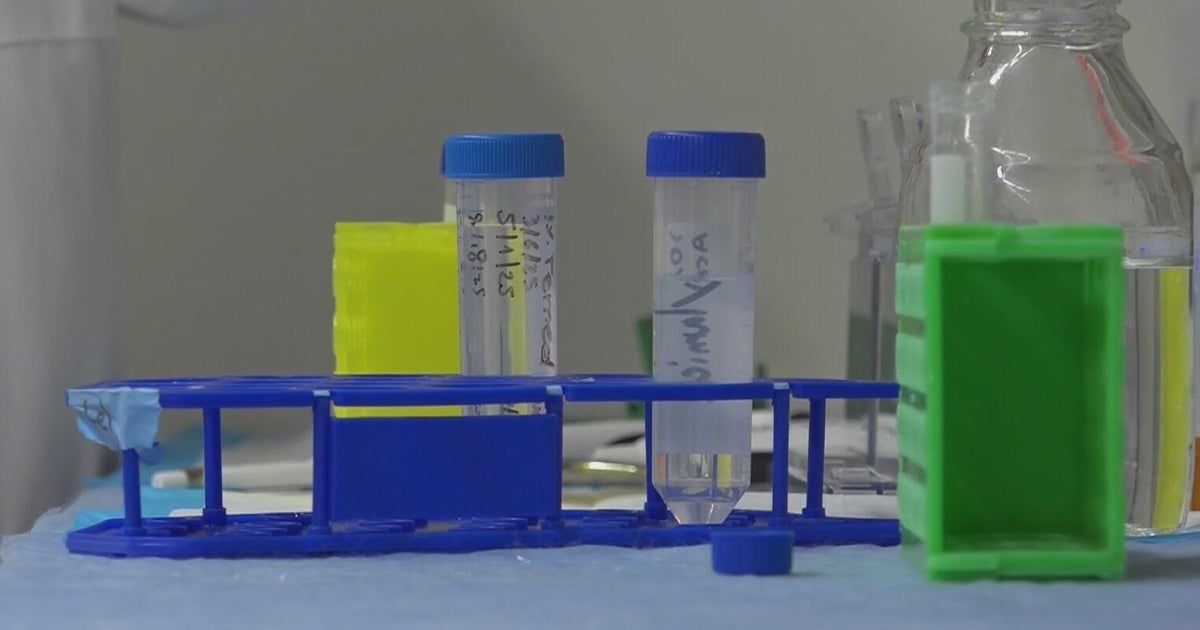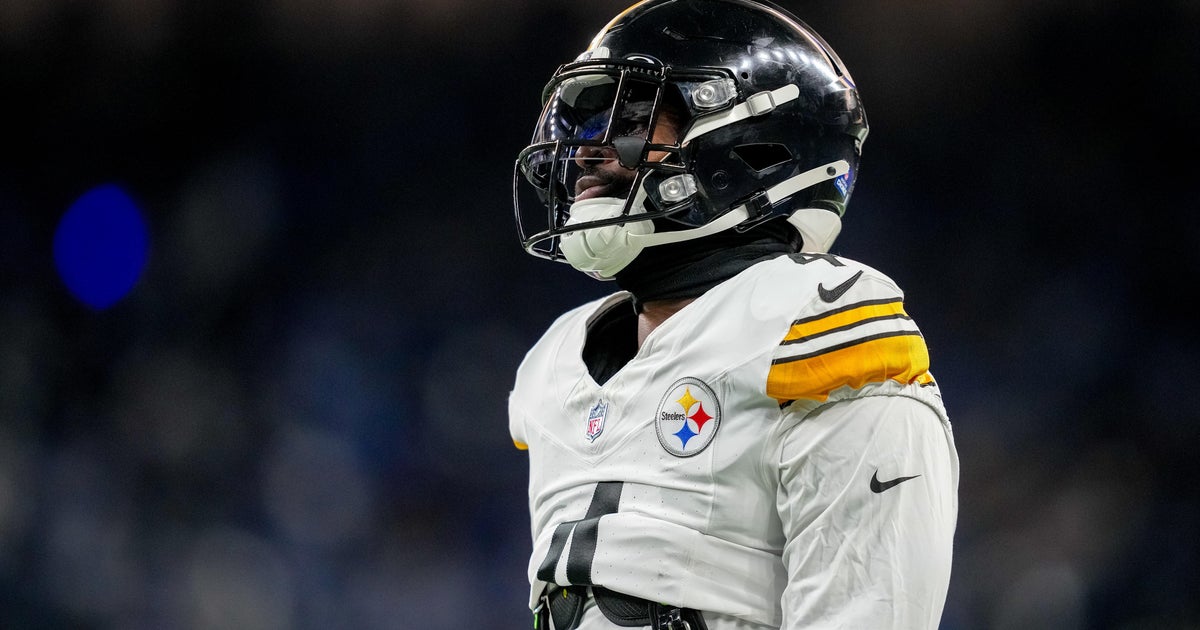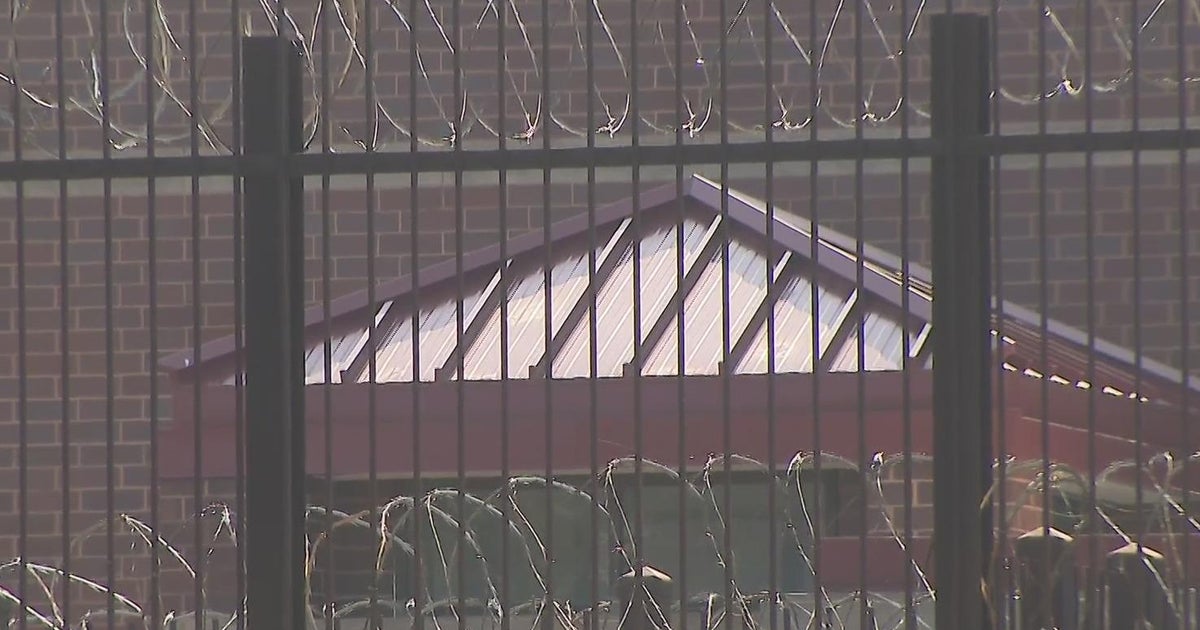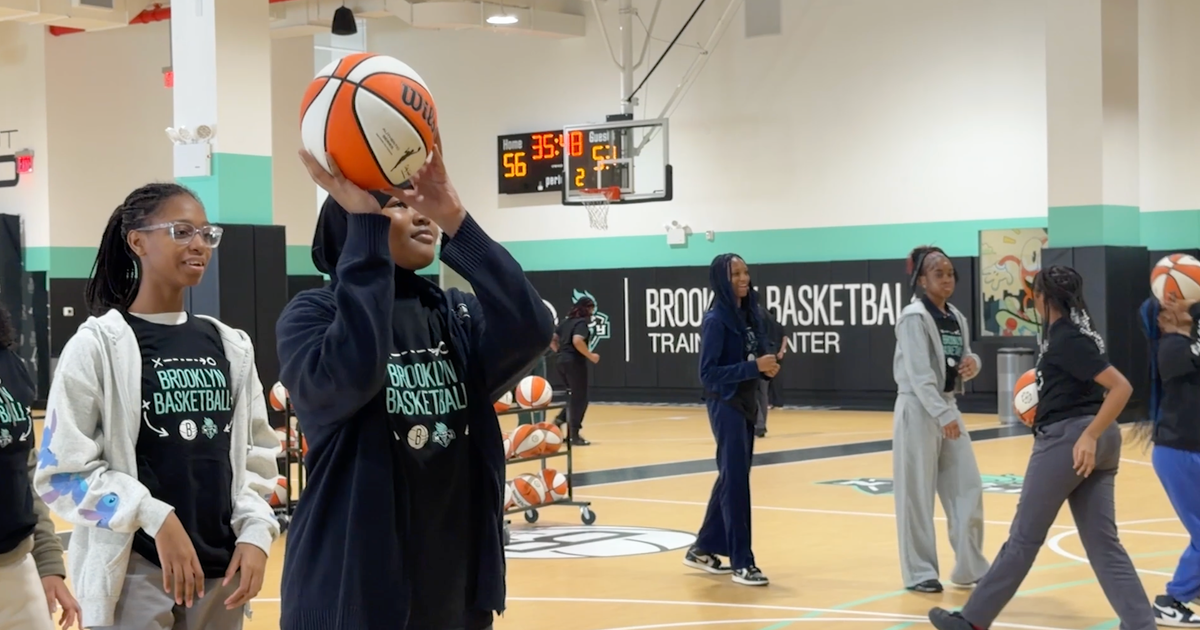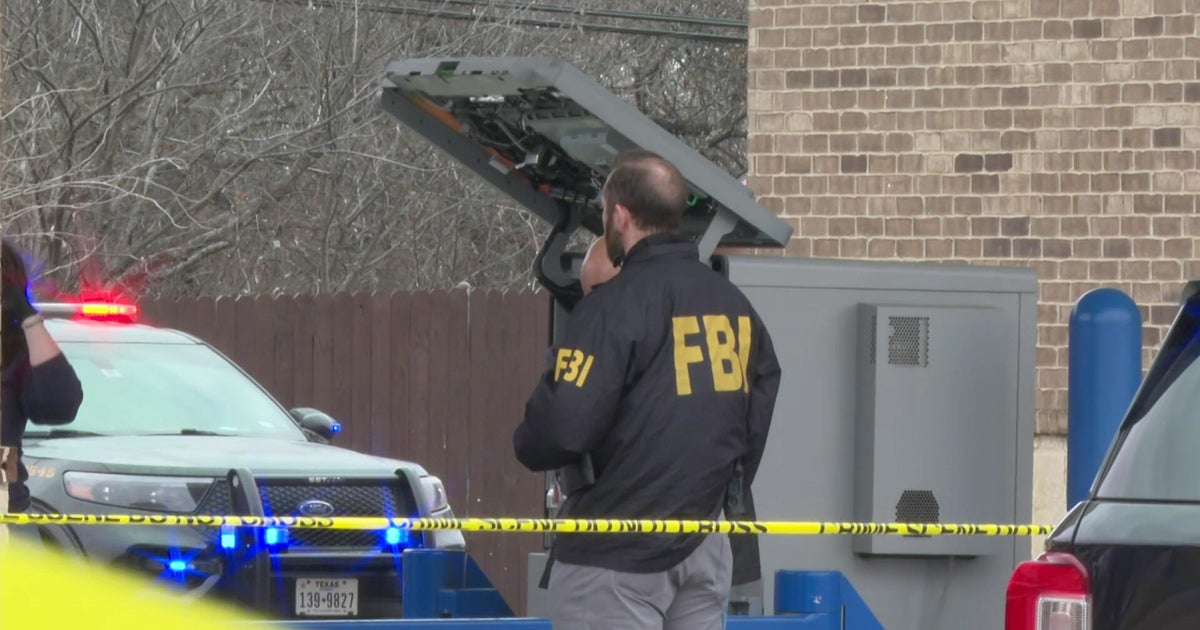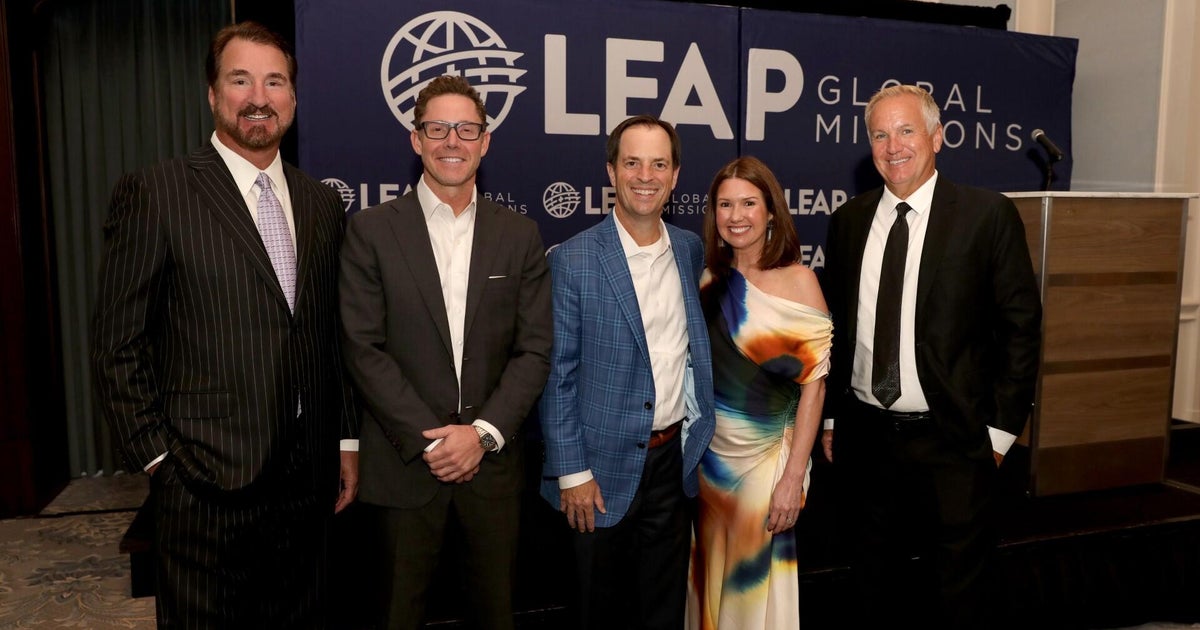Jerome Bettis, Merril Hoge donating brains to University of Pittsburgh's new National Sports Brain Bank
PITTSBURGH (KDKA) -- Pittsburgh Steelers legends Jerome Bettis and Merril Hoge are donating their brains to science as part of the University of Pittsburgh's launch of the National Sports Brain Bank.
Pitt launched the NSBB during a Thursday news conference.
The bank will have a two-pronged mission as a donation registry for former contact sports athletes and a research resource center for long-term observational studies. They plan to "study anyone from professional athletes to recreational athletes who participated in an array of contact sports," Pitt said.
Bettis and Hoge are among the first group of professional athletes to take part in the brain bank. Neurosurgeons Dr. Joseph Maroon and Dr. Regis Haid, who both played Division 1 contact sports, will participate as well, Pitt officials said.
With future generations of athletes in mind, Bettis said he had some concerns about participating at first; but ultimately, thought about his children who are now student athletes. He said he hopes by taking part in the program that it will help them in their later years.
"I'm a father and my son plays high school football and my daughter plays high school basketball," Bettis said. "It's important I be that role model. We have a job as a parent to help protect our children."
From an athletic perspective, Bettis said he wants future generations of athletes to benefit from the research. And from a social perspective, he said he wants society to have answers to the causes of neurodegenerative diseases.
"The mission of the NSBB is to create a deeply characterized cohort of participants with follow-up brain autopsy information, to be shared with their families as well," Kofler said. "The data and tissue samples also will be made widely available to the research community for studies into epidemiology, risk factors and mechanisms of trauma-associated neurodegenerative diseases."
In addition to brain donation, the center will perform annual evaluations of participants over the course of their lives. They will study in depth chronic traumatic encephalopathy (CTE), Alzheimer's disease, ALS, Parkinson's disease and the processes of other neurodegenerative diseases.
Hoge said his involvement doesn't mean he's changed his stance. In the past, he's openly criticized the media's alleged declaration of causation between football and CTE. He said this brain bank is focused on everyone.
"If you look at all of the cases in the medical journal, one-third of them have this pattern of CTE and never played sports so what does that say? Sports didn't cause that, so it eliminates sports, right? No, you got to keep looking. There are so many cases where nobody even played a sport, never had a concussion, but they have the pattern and that's why everything is so unknown so if they don't look at everything how can you answer anything?" Hoge said.
The Chuck Noll Foundation, the Pittsburgh Foundation and the Richard King Mellon Foundation have provided funding for the center.
The bank plans to build upon a collection of more than 2,000 specimens for research, Pitt said.

